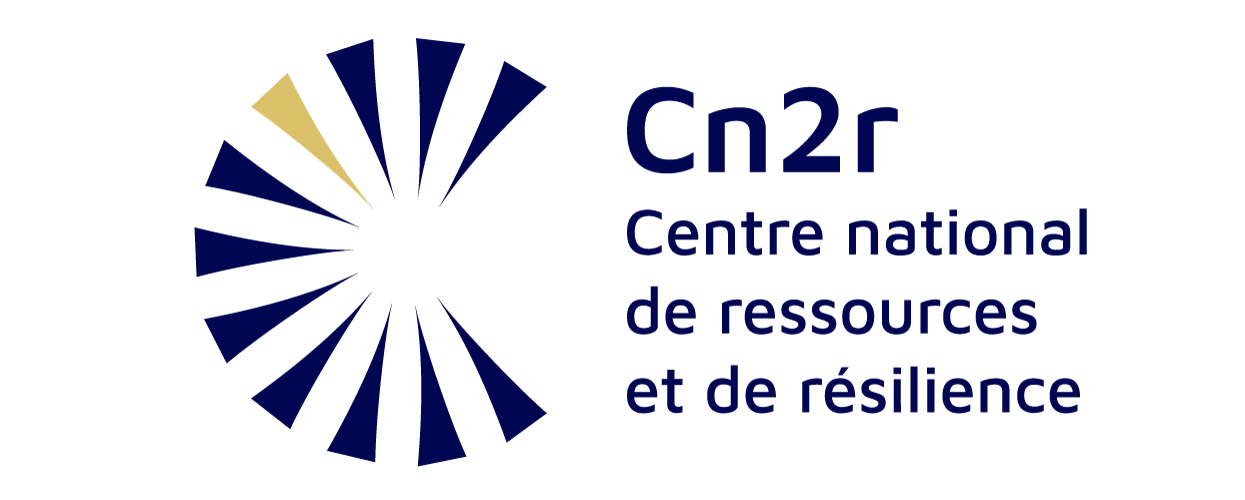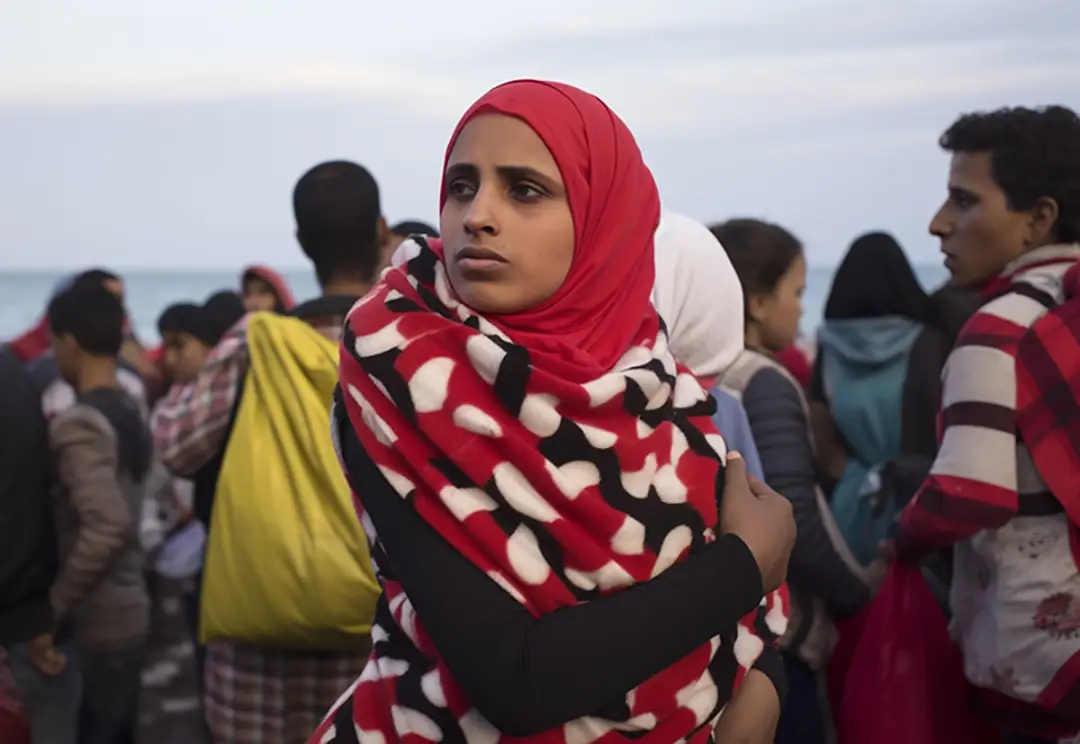Most exiles experience traumatic events, a migratory trauma sometimes triggering post-traumatic stress disorder (PTSD). Already fleeing violence in their home countries, our migratory journeys, sometimes spanning several years, are often punctuated by perils ranging from captivity to torture, sexual violence and even the death of companions. 1 in 6 undocumented migrants in France suffer from post-traumatic stress disorder.
Once we arrive in a country we consider "safe", such as France, the violence doesn't disappear; it takes on new forms. It takes a lot of energy for us and our children not to collapse, especially as access to care can be long and complicated.
The professionals and volunteers who accompany us on this journey can also be affected by this violence. They may then suffer from vicarious PTSD, i.e. post-traumatic stress disorder caused by an event not experienced directly, but through the suffering of another. In this dossier, we'll look at the resources available to help you spot any psychological wounds, both in yourself and in others, and above all, to take them into account and live better with migratory trauma.






